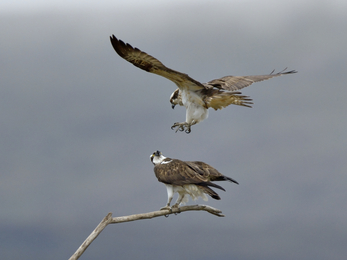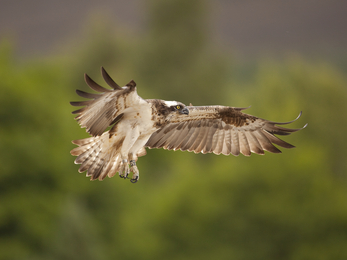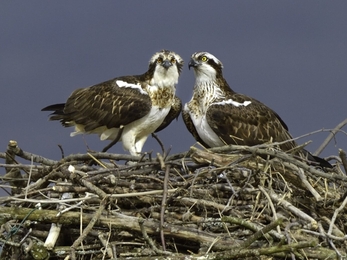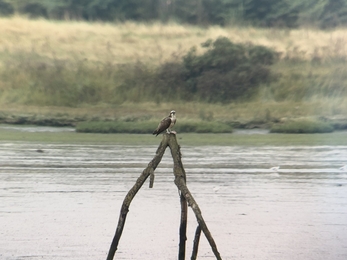For more information see our news post from 2022 here https://www.suffolkwildlifetrust.org/news/bird-flu-and-its-impact-osprey-translocation-plans
This year, thankfully, early indications suggest seabirds appear to be less impacted, and we have seen signs of immunity emerging in species such as gannets. Great skuas were badly hit in 2022, but thankfully, at least as of June, seem to be faring better in 2023, though the breeding population is depleted. However, we are seeing high mortality in black-headed gulls across the continent at present. There is no sign that HPAI is going away.




